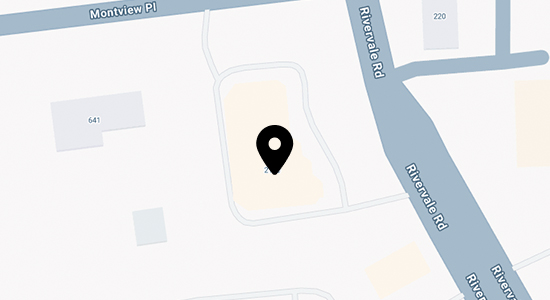Mortgage Process in River Vale
Once your offer has been accepted and the Purchase and Sale Agreement is executed, you will need to apply and be approved for a mortgage. A mortgage is a transfer of an interest in real estate as security for the repayment of a loan.
Borrower Submits an Application
A typical mortgage transaction involves a home purchaser borrowing money from a lender and entering into a written agreement with the lender, so that the real estate is collateral for the loan. A borrower obtains a mortgage loan through a process of application and commitment. The borrower initiates the process by submitting an application to the lender.
Risk Evaluation By Lender
The lender conducts a risk evaluation to determine whether a mortgage loan will be granted. In the risk analysis, the lender evaluates both the borrower’s financial position and the value of the real estate. If the lender determines the risk to be acceptable, the lender will issue a loan commitment detailing the loan amount, repayment terms, interest rate, and other pertinent conditions.
Review the Mortgage Commitment
After you have obtained a mortgage commitment, review it carefully. Make sure the rate and terms are correct before you sign the commitment and return it to the lender. There may be certain conditions that must be satisfied prior to closing. Be sure to provide your attorney with a copy of your commitment and conditions. When the borrower accepts the commitment, a binding contract for a mortgage loan is created. Residential mortgage loans usually bear interest at a fixed annual percentage rate over a period of fifteen or thirty years.
For more information or to set up an initial consultation, call The Law Office Of Joseph A. Dipiazza at (201) 494-2800 or fill out an online contact form.
How Are Mortgage Interest Rates Calculated?
The interest rate is determined by the prevailing market conditions at the time the loan is made. A lender may increase its yield beyond the stated interest rate by requiring the borrower to pay “points” at the time the loan is made. One point equals one percent of the loan amount. It may also be beneficial for the borrower to pay points in order to reduce the interest rate over the term of the loan.
How To Choose the Right Mortgage
When it comes to purchasing a home, one of the most important decisions you’ll make is choosing the right mortgage. A mortgage is a loan that helps you finance the purchase of a home by allowing you to pay for it over a period of time, usually 15 or 30 years. In New Jersey, there are several different types of mortgages to choose from, each with its own set of benefits and drawbacks.
Fixed-Rate Mortgage
One of the most common types of mortgages is the fixed-rate mortgage. With a fixed-rate mortgage, the interest rate remains the same throughout the entire loan term. This means that your monthly mortgage payment will stay the same, which can be helpful for budgeting and planning. Fixed-rate mortgages are a good choice for people who plan on staying in their home for a long time, as they offer predictable and stable payments.
Adjustable-Rate Mortgage
With an adjustable-rate mortgage (ARM), the interest rate changes over time based on market conditions. This means that your monthly mortgage payment may fluctuate. ARMs typically have a lower initial interest rate than fixed-rate mortgages, which can make them attractive to borrowers who are looking to save money in the short-term. However, the potential for rising interest rates in the future can make ARMs riskier for some borrowers.
Jumbo Mortgages
These are loans that exceed the maximum amount allowed by the government-sponsored enterprises (GSEs) Fannie Mae and Freddie Mac.
Federal Housing Administration
These are mortgages insured by the Federal Housing Administration (FHA). They are a good choice for first-time homebuyers or those with less-than-perfect credit, as the credit and down payment requirements are often more lenient than for conventional loans.
Veteran Affairs Loans
These are mortgages guaranteed by the Department of Veterans Affairs (VA). They are available to active duty military members, veterans, and their families, and often have more favorable terms, such as lower down payment requirements and no private mortgage insurance (PMI) requirement.
Speak With a Qualified Mortgage Attorney
It’s important to carefully consider your options when choosing a mortgage. You’ll want to take into account your financial situation, as well as your long-term plans for the home. Call The Law Office Of Joseph A. Dipiazza to speak with a real estate lawyer who can help you understand the different types of mortgages available and advise you on which one might be the best fit for your needs.
Want to know more about New Jersey mortgages? Be sure to speak with a seasoned real estate mortage lawyer at The Law Office Of Joseph A. Dipiazza. Contact us online or dial (201) 494-2800 for a consultation.


